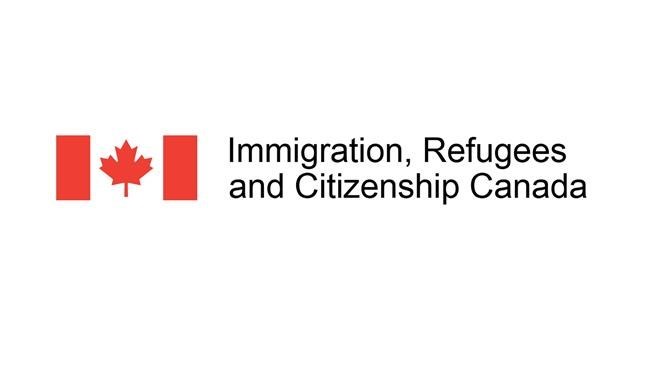MONTREAL — Foreign workers who allege they were lured to Montreal under false pretences say they're unable to gets jobs in the country or return home because the federal government reneged on a promise to help them get work permits.
The workers say the federal Immigration Department told them they would be fast-tracked for permits through a program that helps victims of human trafficking and that they were provided with a simplified application process and a guarantee they would be approved quickly.
But last week, Ottawa allegedly rescinded on its offer after approving seven of the 100 applications.
The workers say they've now been told they have to apply through the regular process, with more complex applications required, unknown wait times and no guarantees that they will be approved.¬Ý
"We're stuck," Karim Outioua, one of the workers, said in an interview earlier this week. "They told us they would give us accelerated open work permits and, after, they told us we have to wait."
Octavio Zambrano said he and the others can't find jobs because they don't have work permits — and don't want to work illegally. They are running out of money for food and rent, he said, adding that he is owed three weeks' back pay.
The workers are part of a class-action lawsuit application alleging that Quebec-based recruitment company Trésor lured them to Canada with false promises, telling them it was legal to work without a permit in the country during a probationary period.
Filed on behalf of the plaintiffs by Montreal-based advocacy group Immigrant Workers Centre, the lawsuit alleges that Trésor and aviation caterer Newrest, where the workers were placed, took advantage of their precarious status to exploit them.
Zambrano, who worked in Newrest's kitchen slicing meats, fruits and vegetables for around four months, said that before he left Mexico, Trésor representatives told him he would be paid $24 an hour in Canada and that his flight and first month's rent would be paid for. Instead, he said, he worked for minimum wage and didn't get paid for some of the hours he put in, including frequent overtime. As well, he had to pay for his flight and first month's rent.
He said that he and many of his colleagues don't have the money to return to their countries of origin, adding that some of his former colleagues from Mexico borrowed money to pay for their flights to Canada and could be in danger if they return without the funds to pay back those loans.
Outioua, who is from Algeria, said he was told by Trésor that if he worked hard, he would be able to get a work permit and could start building a new life with his family in Canada. He hasn't seen his two sons, aged three and eight, in around six months and worries about them, and their mother, because he is no longer able to send money home, he said, adding that he is also owed three weeks' pay.
Newrest said in an emailed statement that about 265 workers who didn't have permits were placed at its facility at Montr√©al-Trudeau International Airport by Tr√©sor. The caterer said its senior management had been unaware of the workers' employment status and that Tr√©sor had been responsible for paying them.¬Ý
On Monday, Newrest filed a lawsuit against Trésor, its owner Guillermo Montiel Villalvazo and a series of related companies, alleging that they engaged in systematic fraud. Newrest, which is seeking more than $2.5 million in damages, claims its reputation was harmed and that it incurred significant costs after it discovered the workers weren't legally entitled to work in Canada.
Montiel Villalvazo did not respond to a request for comment Thursday.¬Ý
Newrest said it has reached an agreement with the Immigrant Workers Centre to help the workers apply for permits. The caterer said it is paying for immigration lawyers and has placed $108,000 in a fund for 175 workers who have not been paid by Trésor.
But lawyers for the Workers Centre said in a letter to the Immigration Department last week that without the expedited process, applying for the work permits will require a level of resources that is "unfathomable and absurd in the circumstances." More delays, it said, could lead to a humanitarian crisis.¬Ý
A spokeswoman for Immigration Minister Marc Miller declined to comment, citing privacy legislation.
CNESST, the agency that enforces Quebec labour standards, said in an email that it is particularly sensitive to the workers' situation and is actively working on the case, but it declined to comment further.
This report by The Canadian Press was first published Nov. 16, 2023.¬Ý
Jacob Serebrin, The Canadian Press



